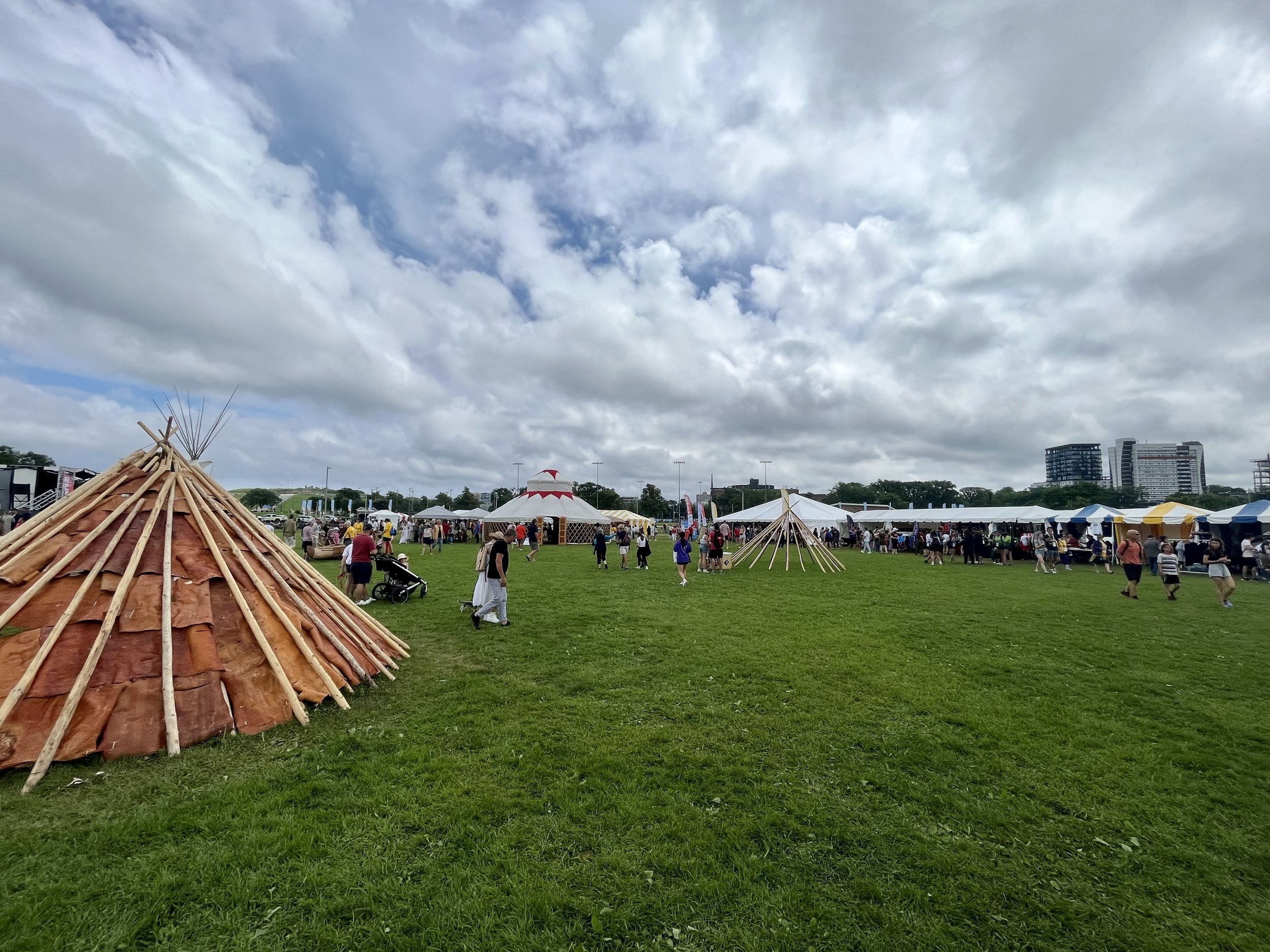Restorative Work is a Pathway to Reconciliation
When I first started working as a caseworker in restorative justice, supporting “victim”/”offender” resolution within the criminal justice system, no one told me that the process we were using was rooted in Indigenous ways of being. We didn’t take any time to acknowledge or appreciate the many Indigenous voices that led or supported the creation of the processes we have now adopted and adapted. In hindsight, this omission is a shameful example of colonial appropriation of Indigenous practices.
Today, on National Day of Truth and Reconciliation, I am committed to acknowledging, honoring, and celebrating the Indigenous roots of restorative work. We take the time to acknowledge this on every call, in every meeting, and every presentation.
I am using this day to reflect on my responsibilities as a queer white settler, a treaty-land inhabitant, and as a leader working in this field. I feel the necessity of walking the walk more than ever. We stand in our integrity, and do what we can to ensure that we don’t participate in the perpetuation of harmful practices, as much as possible within the confines of this colonized capitalist world.
North American Indigenous Games 2023 in Kjipuktuk/Halifax
The thing is, restorative work offers us such a potent pathway for change specifically because it’s not a settler way. This method isn’t using the same old tools of the oppressor. The term “restorative” is interchangeable with “relational.” When we orient ourselves toward our relationships and view the quality of our relationships as the most important metric, we begin to change our culture. This path offers us a chance to hear other perspectives, to learn and grow, to rise to our obligations, to shift from blame to accountability, and to deepen our bonds with each other. When we truly examine the adversarial, punitive, and hierarchical strategies of the colonial realm, we see that this is a recipe for disconnection. The restorative pathway is a way of being and operating that centers care. It’s an ancient truth that we are called to honor our connections to each other and the earth. We are called to look beyond the individual and toward the health of the community. When we go through restorative processes together, not only is there resolution to the conflict at hand but in fact each person walks away from it with a new sense of self-awareness and self-reflection. These are key skills that we must cultivate in our journey of reconciliation.
Some things have changed since we marked this day last year. We continue to honour our original commitments, and have expanded upon our work to be an inclusive org that fully respects the lineage of restorative work. In particular:
We have formalized our code of ethics and conduct, which adhere to the restorative pillars: universal dignity for all, interconnectedness, inclusivity, responsivity and flexibility, peacebuilding, non-judgment, and forward focus.
We as a team have formally committed to working from five guiding principles:
Integrity: What we say and do are aligned
Respect: We uphold regard for the feelings, wishes, rights, views, and traditions of others, even if they differ from ours. We take pride and confidence in ourselves, behaving with honor and dignity.
Honesty: We speak respectful truth
Care: We understand the importance of caring for ourselves and our community through our words and actions.
Curiosity: A bridge to compassion, curiosity supports us to learn and grow while withholding judgment.
We have formalized our commitment to equity, inclusion, diversity, and accessibility in hiring and internal practices to make sure that we continue to grow in ways that reflect and support our communities. In the interest of transparency, we are happy to share information regarding the diversity of our team:
30% of our team is racialized
65% of our team are women
75% of our team is from an equity-seeking group
30% of our team is from the 2SLGBTQIA+ community
Finally, we are forging deeper bonds with the Mi’kmaw communities of Nova Scota. In particular we are thrilled to work with Elder Geri Musqua-LeBlanc who has supported us in the KAIROS Blanket Exercise
In closing, I continue to reflect on what it means to live, work, and benefit from my home on unceded (never surrendered) land. There is no reconciliation without truth. We must all be willing to look honestly at what has happened in our past and sit in the discomfort of that reality. We must ask why this day, not even a designated holiday, is for many people the only day in the year that treaty history is considered. Without honest awareness we cannot repair the broken relationships that exist between colonial powers and Indigenous Peoples.
